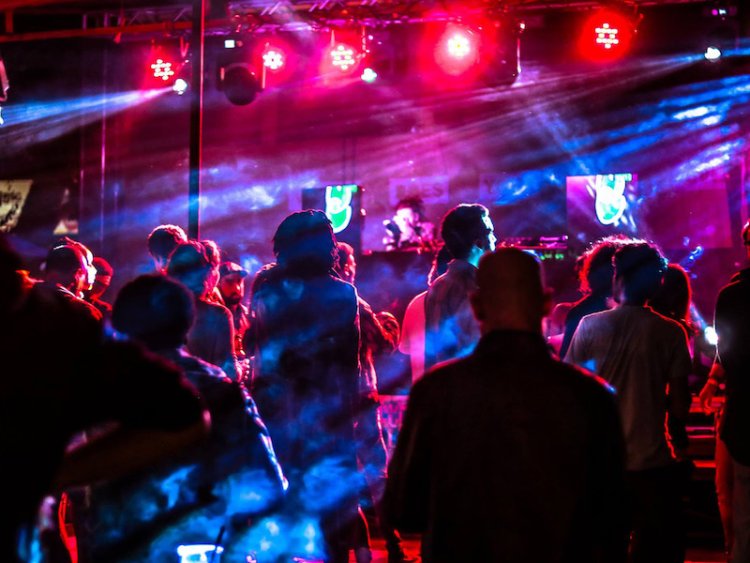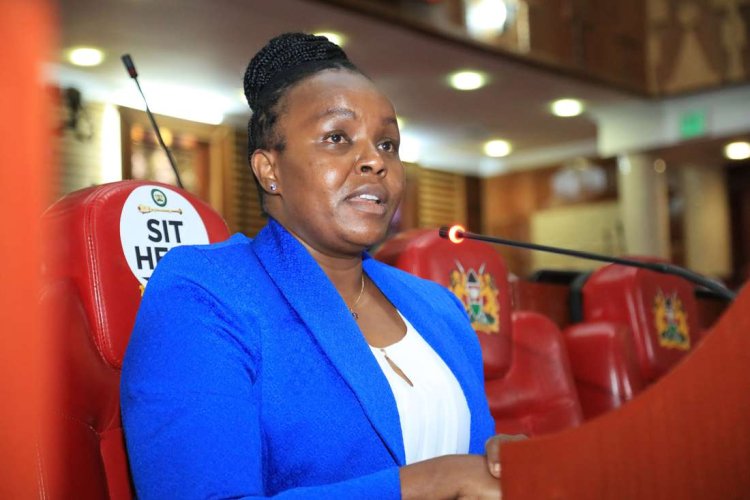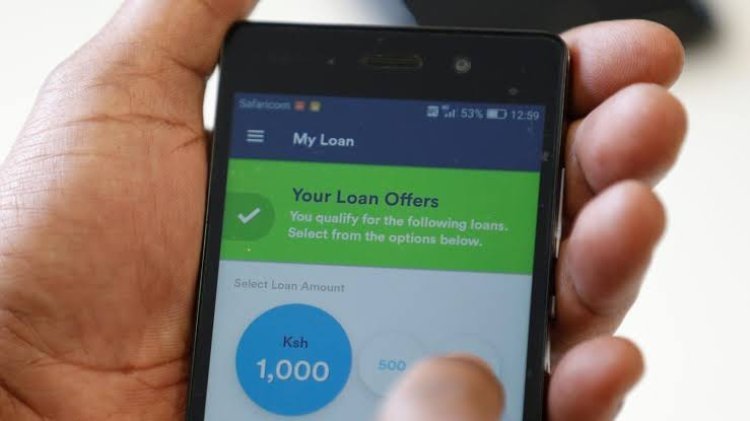Govt Dismisses Clubs' Disclaimer Notices, Expands Consent Rules
For photos and videos, Kassait added that the consent should come with the period of time the person wants the consent to be valid.

The Office of the Data Protection Commissioner (ODPC) has now said that the disclaimers posted on the social media pages of various nightclubs subjecting patrons to automatic consent to have their photos and videos taken to market their businesses online have no legal basis.
Immaculate Kassait, the Data Commissioner, stated that the disclaimers warning that entering the premises constitutes consent for them to take photographs of you and use them for generating content for marketing on social media were insufficient.
Kassait added that disclaimers put inside the clubs also do not constitute consent, further indicating that the clubs will still need to obtain written consent from patrons to do so.

Immaculate Kassait during her vetting by MPs for the Data Commissioner post on October 20, 2020. /BUSINESS DAILY
"The disclaimers that have been shared by the various clubs are still not enough for them to go ahead and share the images. For the clubs to do that, they need to get written consent from the customer that they have allowed the company to use them and explain for what purpose," Kassait told Nation.Africa
For photos and videos, Kassait added that the consent should come with the period of time the person wants the consent to be valid.
"It is good to educate people that such consents should also come with the number of days, months or years they want a company to use the details," she said, however, adding that if one signs such documents that do not have such details, then they have nothing to worry about.
According to the DPC, the only time you do not have the right to raise concerns if your photos, videos or phone calls have been tracked is if there is a written consent that you have signed.
Her sentiments arose following an explosive propagation of disclaimer notices by nightclubs across the country on social media in the wake of ODPC imposing a Ksh1.9 million fine on Casa Vera Lounge, a restaurant based along Ngong Road in Nairobi.
Meanwhile, Kassait announced that the issue of consent was extended to CCTV technology on the premises.
When you enter a place that has CCTV, there is always a disclaimer that the place is under camera surveillance, but that does not give the management consent to share your images or videos.
“The main purpose of CCTV footage is to provide security, and if you are not involved in any criminal activity and your photos or videos are still doing the rounds on social media, it is considered illegal," she went on.
The rules were viewed to be akin to taking an online taxi to work and the driver, without the client's consent, starts making calls or sending messages asking for something not related to the ride.
In another scenario, you might be asked to leave your ID details - and sometimes the card itself - before entering a building. However, Kassait deemed it illegal if the information is used later when someone follows up and makes calls or sends text messages.
Another illegality arises when an institution wants to use photographs of children. This can only apply to school magazines, and then only if the parents have given their consent.
It is still illegal to post children's photos and videos on social media or even use them on billboards without their parent's consent.
Similarly, the Commissioner stated that digital money lending companies have no right to call other people who know a person who has borrowed money from them but defaulted.
"Why should they call people who have never contacted them to ask for money? They should deal with their clients and not people related to the clients," she rebuked.







